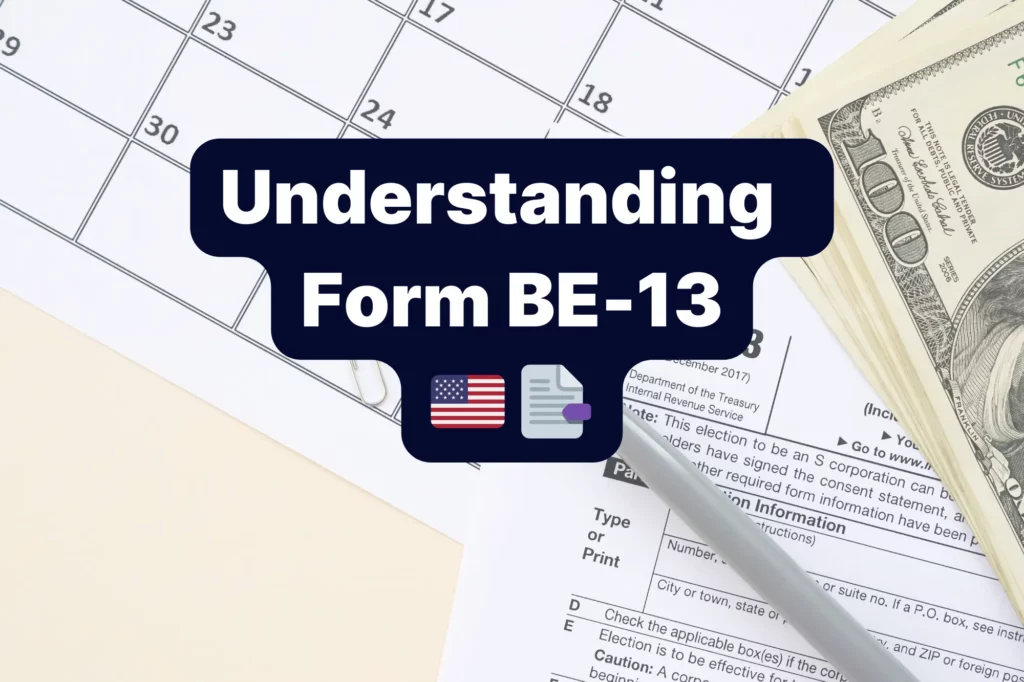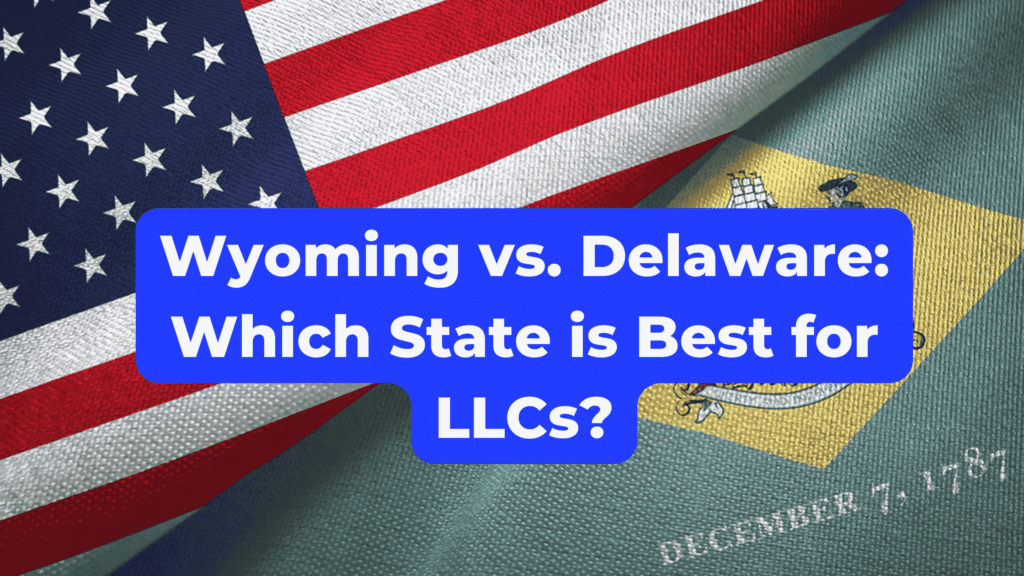For ambitious UK startups aiming to scale globally, establishing a presence in the United States has become a strategic move. In particular, incorporating as a U.S. C-Corporation is increasingly viewed as a gateway to accessing American venture capital and expanding into the lucrative U.S. market.
For many founders, this isn’t just a fresh start — it’s also about setting up a U.S. subsidiary of a UK company or opening a U.S. branch of a UK company to streamline operations and meet investor expectations.
Why UK Startups Choose U.S. Incorporation to Attract Venture Capital
While the UK boasts a thriving startup ecosystem, many founders recognize the advantages of a U.S. corporate structure when targeting global growth:
- Access to U.S. Venture Capital: Most U.S. investors prefer — or even require — startups to be incorporated domestically, typically as Delaware C-Corporations, due to the predictable legal and tax frameworks.
- Eligibility for U.S. Accelerators: Top-tier programs like Y Combinator and Techstars usually require a U.S. legal entity. This opens doors to mentorship, capital, and influential networks.
- Simplified Payment Infrastructure: A U.S. company can open local bank accounts and integrate seamlessly with processors like Stripe, PayPal, and others — making it easier to serve and bill U.S. customers.
- Stronger Legal Protections: Delaware’s established case law and corporate statutes provide confidence to both founders and investors, making it the preferred jurisdiction for incorporation.
- Strategic Market Entry: Having a U.S. company doing business in the UK or vice versa makes your startup more globally agile — ready to serve both markets without cross-border friction.
When Should a UK Company Set Up a U.S. Subsidiary or Branch?
Timing your U.S. incorporation depends on your stage of growth and funding needs:
- Pre-Funding Rounds: If you’re targeting U.S.-based investors, incorporating early as a Delaware C-Corp can accelerate the due diligence and investment process.
- After Accelerator Acceptance: Acceptance into a U.S. accelerator typically requires immediate incorporation to meet program requirements and unlock funding.
- Market Expansion Plans: Planning to sell or operate in the U.S.? Setting up a U.S. subsidiary of a UK company ensures smoother compliance, tax handling, and customer operations.
Clemta Simplifies U.S. Expansion for UK Startups
Whether you’re launching a new U.S. company or establishing a U.S. branch of a UK company, Clemta makes the process frictionless. Our platform is built specifically for international founders.
Here’s how we support your U.S. setup:
- Company Formation: Get expert guidance on the best structure and state (e.g., Delaware).
- EIN & ITIN Acquisition: We handle tax ID applications, critical for compliance and banking.
- Banking Setup: Open a U.S. business bank account remotely through trusted partners.
- Ongoing Compliance: Stay fully compliant with U.S. tax filings, state renewals, and reporting.
Frequently Asked Questions (FAQ)
Can a UK company open a U.S. branch?
Yes. A UK company can operate in the U.S. by setting up a branch or forming a subsidiary. Most startups prefer a subsidiary (like a Delaware C-Corporation) for legal separation and fundraising.
What’s the difference between a U.S. subsidiary and a branch of a UK company?
A branch is legally tied to the UK entity and may expose it to liabilities. A subsidiary is a separate U.S. legal entity, offering greater flexibility and legal protection.
Why do UK startups prefer Delaware for U.S. incorporation?
Delaware’s court system and corporate laws are well understood by U.S. investors. It’s the standard for venture-backed startups in the U.S.
Ready to Launch in the U.S.?
Establish your U.S. presence with confidence. Clemta handles formation, tax IDs, banking, and compliance — so you can focus on fundraising and scaling.
?? Book a Meeting with an Expert







